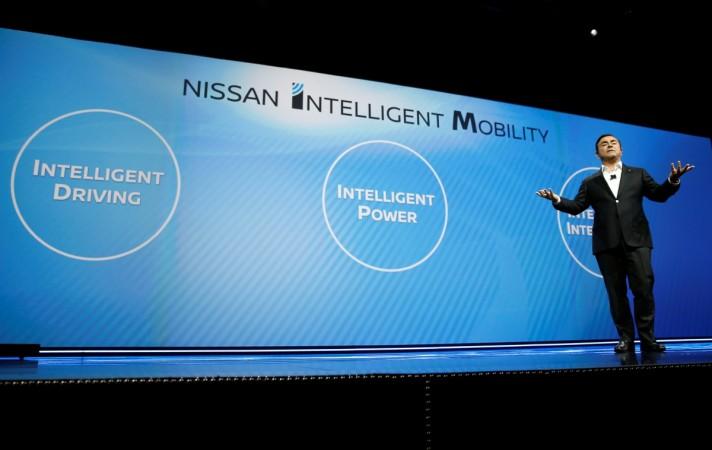
Japanese auto major Nissan is working on autonomous driving cars and to that effect, it will use the Seamless Autonomous Mobility (SAM) system – derived from NASA-sourced technology – that utilises artificial intelligence to determine if human intervention is required in unusual and unexpected situations.
Nissan Terrano facelift coming in March; what to expect
Nissan believes NASA's technology built for the Mars Rover will help control fleets of autonomous vehicles. SAM is adapted from NASA's Visual Environment for Remote Virtual Exploration (VERVE), designed to supervise interplanetary robots like the Mars rovers. NASA scientists may use the system to chart out safe driving paths on other planets.
Nissan uses the example of a police officer using hand signals at a traffic junction. If the policeman wants the autonomous car to head the wrong way down a one-way street, the self-driving vehicle will be unsure in its assessment of the situation and would request assistance in such a situation.
The SAM system would allow a "mobility manager" – a call centre of sorts that would take requests from entire fleets of vehicles – to examine photos and sensor data when the car encounters something it can't handle and decides the appropriate course of action. Acting on the review by the artificial intelligence of the situation, the human controller then can direct the car to act in the required manner.
Once the mobility manager takes stock of the situation, it can chart out a route for the vehicle and after the obstruction is over, the car can resume its autonomous operations.
The best thing about this artificial intelligence driving will be that a particular incident will set a precedent for the entire fleet of cars and can prepare them for similar solutions for future use, thus reducing any likelihood that cars will need assistance in future for similar unusual situations.
Nissan said the system could be of use for commercial fleets handling package delivery or taxi and ride-sharing services.
Nissan said the system could be of use for commercial fleets handling package delivery or taxi and ride-sharing services.
Meanwhile, Reuters, citing sources, reported that Nissan is suspending a key project by halting joint development of luxury cars with Daimler's Mercedes-Benz in Mexico. The end of the seven-year partnership may potentially hit the carmaker's profitability.

















![India Auto Roundup: Maruti Suzuki, Mahindra have exciting launches in November [details here]](https://data1.ibtimes.co.in/en/full/805520/india-auto-roundup-maruti-suzuki-mahindra-have-exciting-launches-november-details-here.jpg?w=220&h=135)